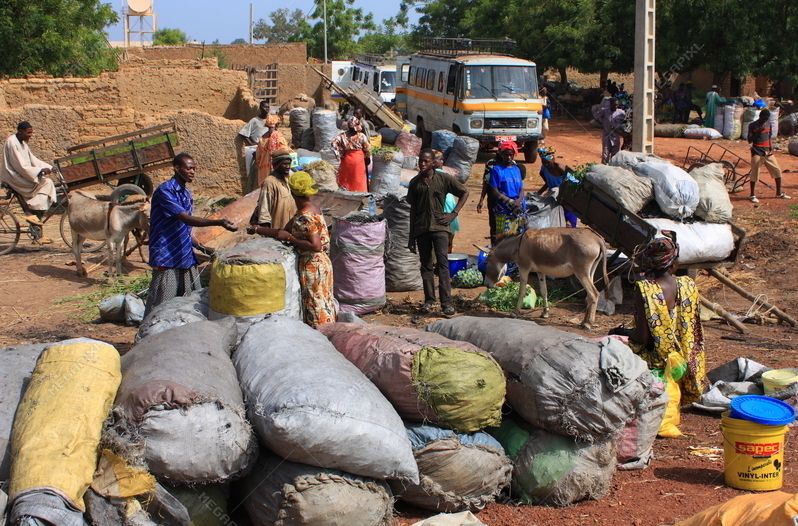Bringing cryptocurrency to the developing world; a critical review of Humaniq
With over 1 Billion people without access to reliable energy, greater than 1 Billion people underbanked and 750 million illiterate adults, companies have started to offer blockchain solutions to challenges faced in the developing world.

A number of platforms have been emerging in the financial services space claiming to solve the world’s greatest challenges. I want to bring a dose of reality back to the table. To name a couple in an already crowded space, Humaniq.com claims to bring financial inclusion to 2.5 Billion people and Suncontract want to bring energy solar panel owners trade their energy for Suncoins. This review focuses on the asymmetry between Humaniq's financial inclusion mission statement and the system they aim to put in place.
With newly minted digital coins valuing the sum of these businesses at $30 million, it’s concerning that the solutions they offer are far quicker to monetise challenges faced by the developing world than trying to understand how to improve them.
Despite the seemingly good intentions of these companies, they are missing the most intrinsic element of development economics, financial security. Before explaining why Humaniq falls short in this critical area, i’ll give you an overview of the project.
The principle of cryptocurrencies such as Humaniq is in creating a coin native to their business that acts as a digital exchange of value, replacing traditional Fiat currency. For example, instead of receiving sales in Kenyan Shillings, companies such as Humaniq encourage users to receive HMQ coins. The platform goes a step further in offering additional HMQ coins as incentives for encouraging other community members to spend and receive HMQ. As a digital currency, exchanging HMQ requires users to own smartphones which Humaniq’s ambitious project also aims to provide. On the surface, this sounds like an incredible project right? Well not really.
Whilst there are a number of advantages in switching to a blockchain based currency such as lower transaction fees, immutability of ownership and reduction of counterparty risk, these currencies are extremely volatile. At current, users have no way of securing the market value of the HMQ tokens their holding. This means that the equivalent of 8 hours pay received on Thursday could be worth less than 5 hours pay by Saturday. Yes, I know what you’re thinking and you’re not wrong. The volatile price could equally mean a user increases their equivalent pay through doing nothing. However, let’s be real, this unpredictable and volatile value of holdings will do nothing to improve a user’s financial situation, in fact I would strongly argue that it would weaken it.
Imagine the user needs to pay school fees, medical bills or food and at the point when their HMQ coins are worth 60% of the value she earned them at. In the lowest income bracket, the typical user often spends 90% of their income on subsistence and if this income were eroded 40%, the holder simply wouldn’t have enough to cover their expenses. I don’t disagree with the intentions of projects like Humaniq, but I do find it deeply concerning that investors blindly support these projects without considering the reality of these projects.
Summary
In order for Cryptocurrency to successfully aid the unbanked it needs to take the same shape as the fiat currencies it aims to replace. With companies such as Humaniq having raised millions of dollars in an attempt to improve the financial position of those in developing economies it is clear that investors want to help the cause. However, in order to be truly successful in alleviating poverty through financial access it’s paramount that they consider the huge risk of holding savings in a highly volatile currency. Whilst there are a number of possible solutions, a good place to start is either with localising the circulation of coins so non-market participants cannot speculatively trade HMQ or through providing hedging instruments within their app to secure an FX rate between HMQ and local Fiat. Without this change in approach, this project and other to come are at risk of worsening rather than approving the financial position of those in the developing world.!
Written by BlockchainJames
https://www.blockchainjames.co.uk